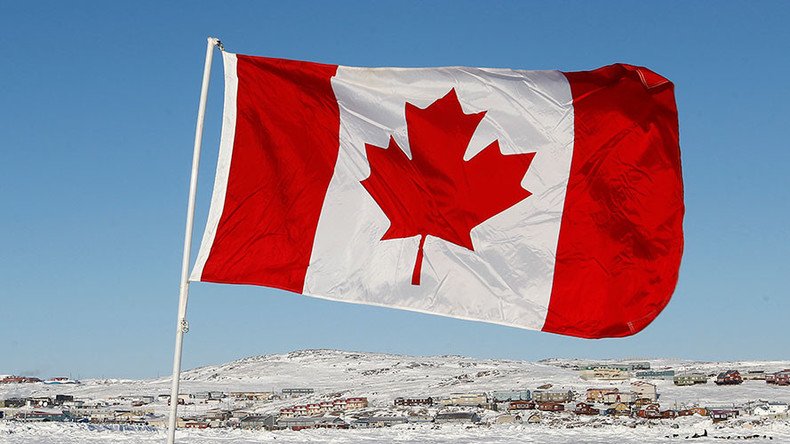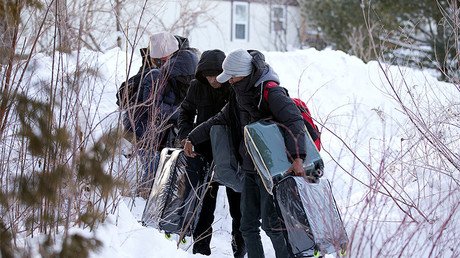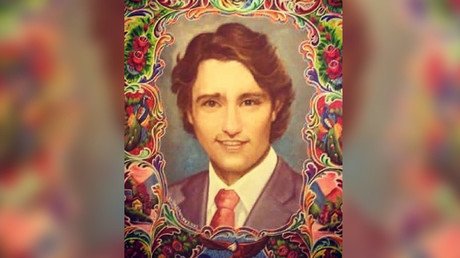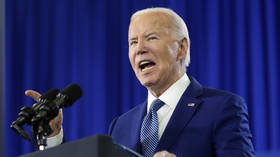Most Canadians say immigrants should be tested for ‘anti-Canadian values’ – survey

A new poll has found that despite Canadians being overall in favor of taking in refugees, there are worries about a cultural clash with Muslims, particularly in the French-speaking province of Quebec.
The internet poll, commissioned by the French-language service of CBC, Radio Canada, asked 2,513 people across Canada, including 1,024 Quebecers, about a variety of social issues.
The CROP survey found that although around 60 percent of Canadians agreed that welcoming Syrian refugees was a "very good" or "good enough" idea, 74 percent — “very” and “somewhat” — agreed with the proposal, put forward by Conservative party leadership candidate Kellie Leitch, that immigrants should be screened for their adherence to Canadian values.
"If you don't talk about religion, there's an overwhelming human side to us.… The minute you introduce religion, it's gone," CROP president Alain Giguère told CBC.
Anti-Muslim and anti-immigrant sentiments are more widespread in Quebec, where 32 percent strongly or somewhat agreed to a Trump-style travel ban, as opposed to only 25 percent of Canadians nationwide.
Sixty-five percent of Quebecers also felt comfortable about a new Catholic church being built in their neighborhood but only 40 percent for a mosque, whereas other Canadians were 76 percent and 56 percent in favor, respectively.
Around 57 percent of Quebecers felt Muslims were "poorly" or "somewhat poorly" integrated into society, ten percent higher than other Canadians. Muslims ranked the lowest in a list of minority and immigrant groups, compared to 72 percent approval for Jewish immigrants, 82 percent for Haitians, and 87 percent for Asians.
According to Haroun Bouazzi, co-president of Muslim and Arabs for a Secular Quebec, anti-Muslim sentiment is being driven by politicians looking for someone to blame for Canada’s problems.
"We have all these problems, and our politicians don't have simple solutions," Bouazzi said to CBC. "Even the ones in power right now don't have solutions, so over the past years, a good way of making us talk about other things is actually finding a scapegoat — finding a group that we can make look like a real problem."
"And obviously the Muslim minority, specifically, play[s] this role."
The survey was conducted between 27-30 January, during which time a gunman, 27-year-old Alexandre Bissonnette, opened fire at a mosque in Quebec City, killing six people and wounding another 19. The province is often perceived as being more conservative and intolerant than the rest of Canada, a perception described as unfair by Parti Québécois Leader Jean-François Lisée.
"The numbers between English Canada and Quebec are very similar," Lisée told CBC.
"So when we constantly put Quebec on trial, it's deeply unjust because Quebec, in my opinion, is within the Canadian average and above average in the Western world right now when it comes to tolerating immigration. Several studies have shown that over the past few years."
In the aftermath of the shooting, the number of Quebecers who felt Muslims were well-integrated into Canadian society rose from 38 percent to 44 percent.














